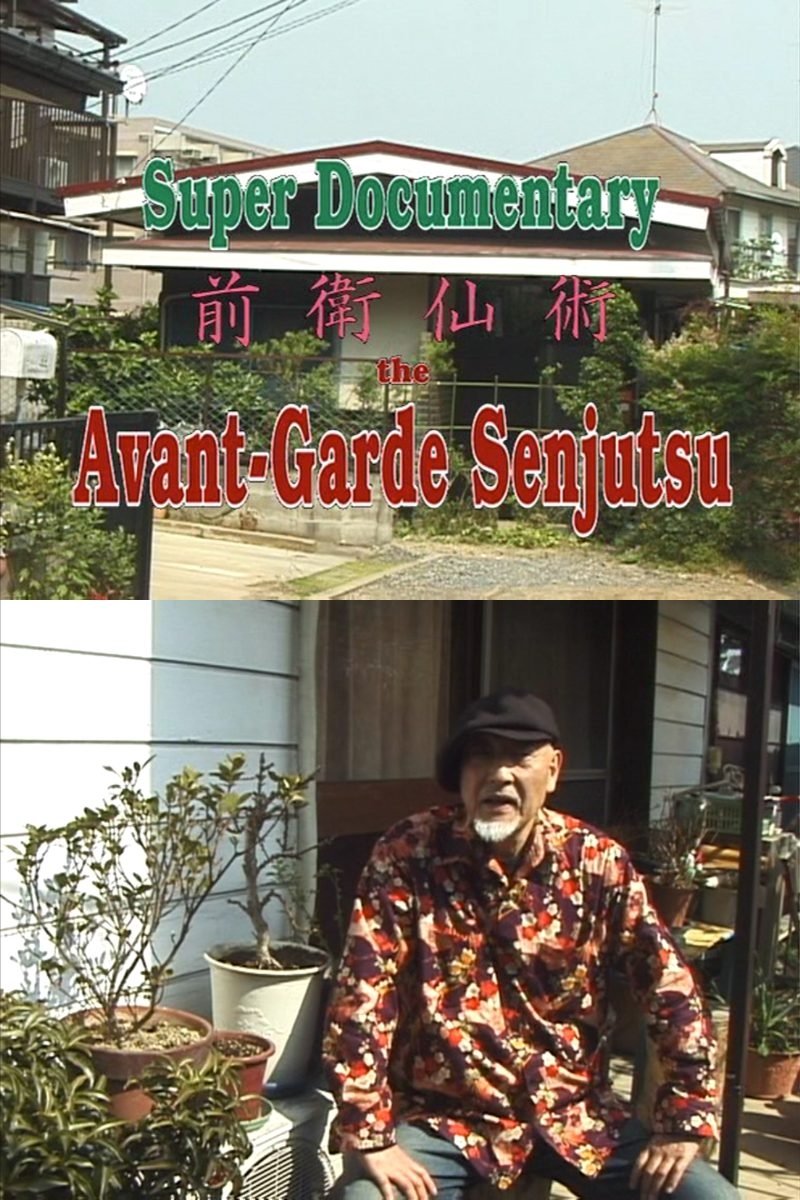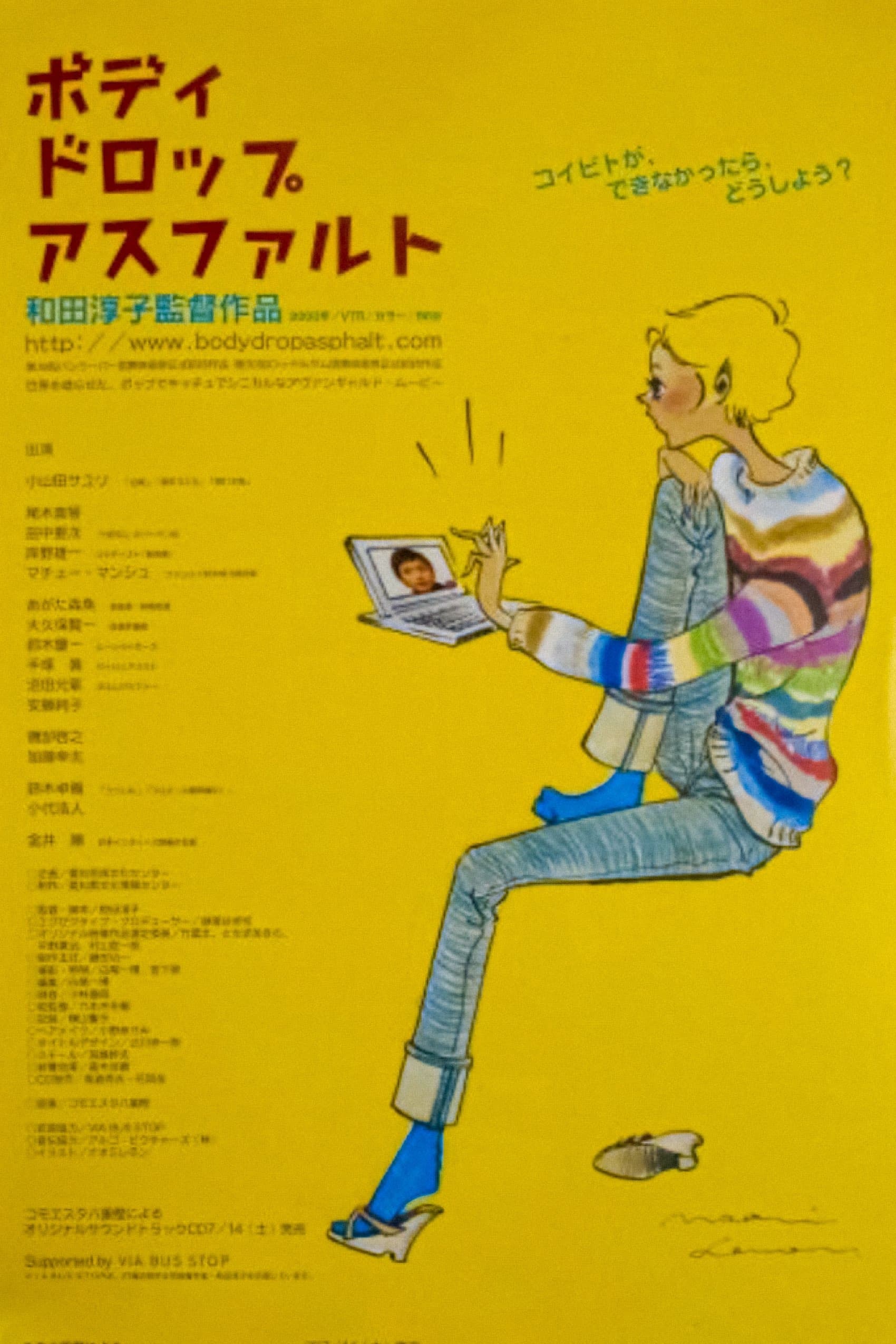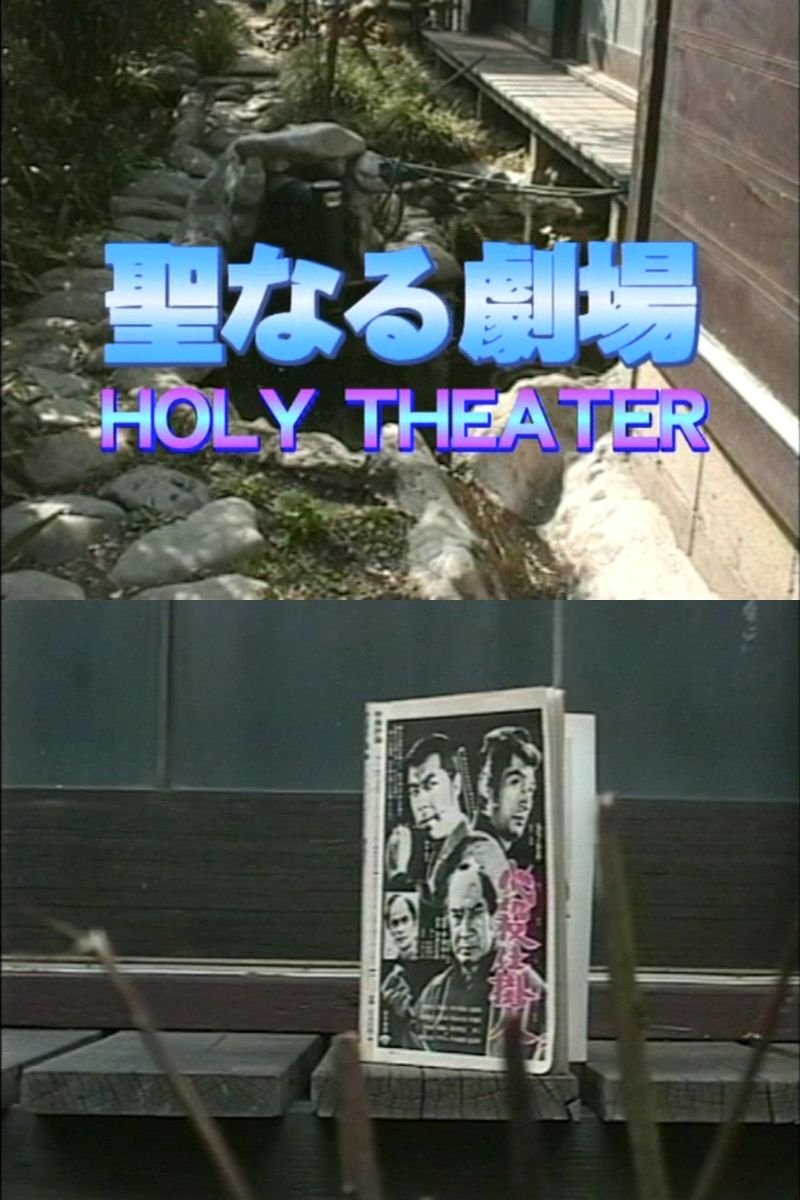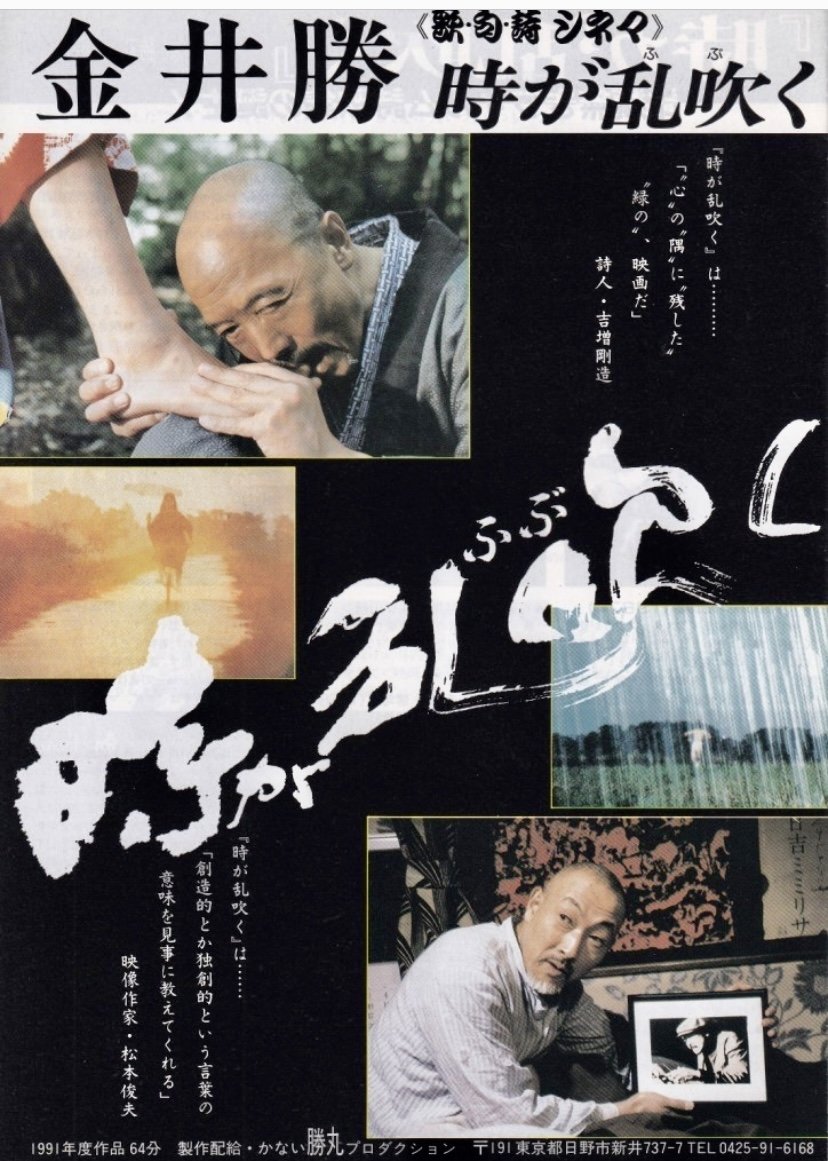

A unique film in which an elderly man creates miracles in his daily life by playing the leading role himself. The film depicts the process of creating a mysterious world that transcends reality through the act of filming and leads to a surrealistic conclusion.

A young Japanese woman named Eri is intelligent and promising, but remains mired in depression and alienation. She wanders life like a ghost, articulating her suffering perspectives in repetitive thoughts and journals. Everything changes when she decides to write a romance fantasy for the way she wished things would go, including an alter ego named Rie meeting a man named Fuyuki in love at first sight. Her debut novel "Soft Cream Love" is a huge hit, and Eri is catapulted to wealth and circles of admirers. Shy, she blows her chance to meet a cute guy and instead makes a pass at her clumsy unattractive agent named Hoshino, who walks away with his cynical attitudes born of romantic disappointment. When she pursues him into the street, she by chance meets a nice guy just as she hoped, but he never shows up at their first date because, unknown to her, he's hit by a car.

It’s said that people die twice. The first death is a physical one and the second, true death comes when there is no one to remember that person.

The Stormy Times is a collection of three short films created as a series of visual poems (Dream Running, Grasshopper’s One-Game Match, andWe Can Hear Joe’s Poem). Katsu Kanai screened this films together, along with extra documentary footage, as a memorial to his friend Jônouchi Motoharu.
Katsu Kanai (金井 勝, Kanai Katsu, born 9 July 1936) is a Japanese experimental and avant-garde film director. The Harvard Film Archive has called him "one of the most vital and inventive filmmakers in the history of Japanese underground film". Born the son of a farmer in Kanagawa Prefecture, Kanai graduated from the College of Art of Nihon University before finding work at Daiei Film. He later became a freelance cinematographer and founded Kanai Productions in 1968. His first film, The Deserted Archipelago (1969, aka The Desert Island) won the grand prix at the Nyon International Documentary Film Festival. His second film, Good-Bye (1971), was the "first post-war, post-liberation Japanese feature to be filmed in Korea," and according to the film scholar Oliver Dew, illustrated "how a surreal, decided non-representational approach could block the determinations of cultural essentialism". His 2003 work, Super Documentary: The Avant-Garde Senjutsu, was awarded the FIPRESCI award at the International Short Film Festival Oberhausen. Kanai has been the subject of retrospectives at Oberhausen, the Lausanne Underground Film and Music Festival, and the Harvard Film Archive.
By browsing this website, you accept our cookies policy.